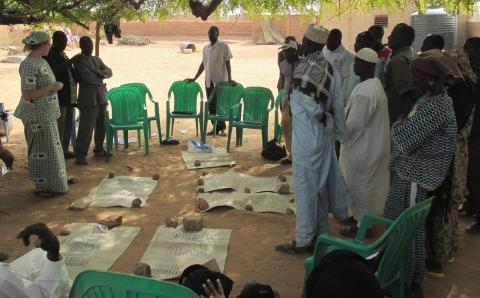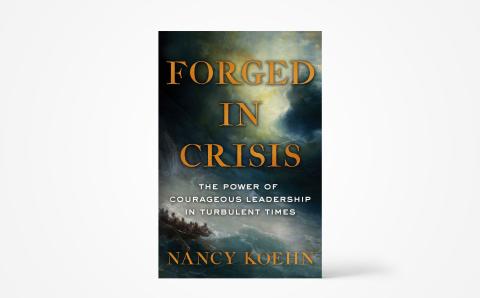It seems to me that we as a Christian Reformed community are missing something. I and my family have been dealing with mental health issues for a lifetime. Within the church, people are often very specific when discussing cancer or other physical ailments. But in my experience, it is difficult for people to relate to those of us with mental health issues. I am not alone when I say that people with mental health issues find it difficult to get much-needed support from the community. As a community, we need to move beyond generalities in discussing these issues too.
The number of people living with mental illnesses has reached epidemic proportions. Mental illnesses affect our Christian community as well as the public. But the Christian community remains strangely silent. We are members of this community but remain largely misunderstood. Are we not as important a part of this community as anyone else? I refer to Paul’s imagery of one body that cannot do without each of its many members.
I hear time and again, “We don't know what to do!” Let's find out, then, what we can do! Ignorance can never be an excuse for doing nothing or too little.
There has been much discussion on declining church membership. But a big part of this discussion is missing: the high percentage of those of us with a disability, especially related to mental health, who don’t go to church. I’ve heard many who live with mental illness say that the church community is not a safe place to be. The spiritual nourishment of these church members is nearly nonexistent. Why is that?
One of the main reasons for a lack of empathy or understanding, perhaps, is an inability to relate. In our conversations, we are not specific enough in describing how mental health affects our communities. But awareness is only as good as our willingness to do something with that awareness.
This is also a social justice issue. People with mental illnesses are members of our church communities. In large part, they are expected to fit in with our existing ways of being. And we seem to think that outside the church, in everyday life, they can manage on their own.
People with mental illnesses are stigmatized. How many of us, when we think of those affected by mental illnesses, think negatively? We as a Christian community can work hard to change that. We can make a difference. Are we willing?
About the Author
Harold Struyk is a working father with four adult children. He has been happily married to Dorothy for 34 years. He has been active with various disability concerns for a number of years. He lives in Drayton, Ont., and is a member of Drayton CRC.








